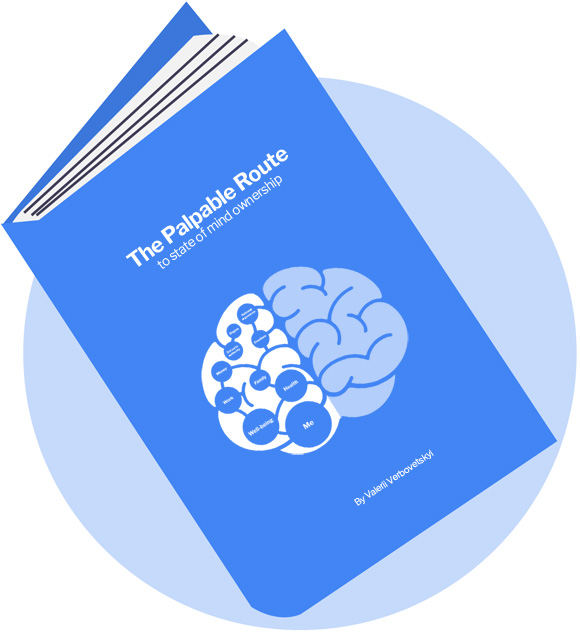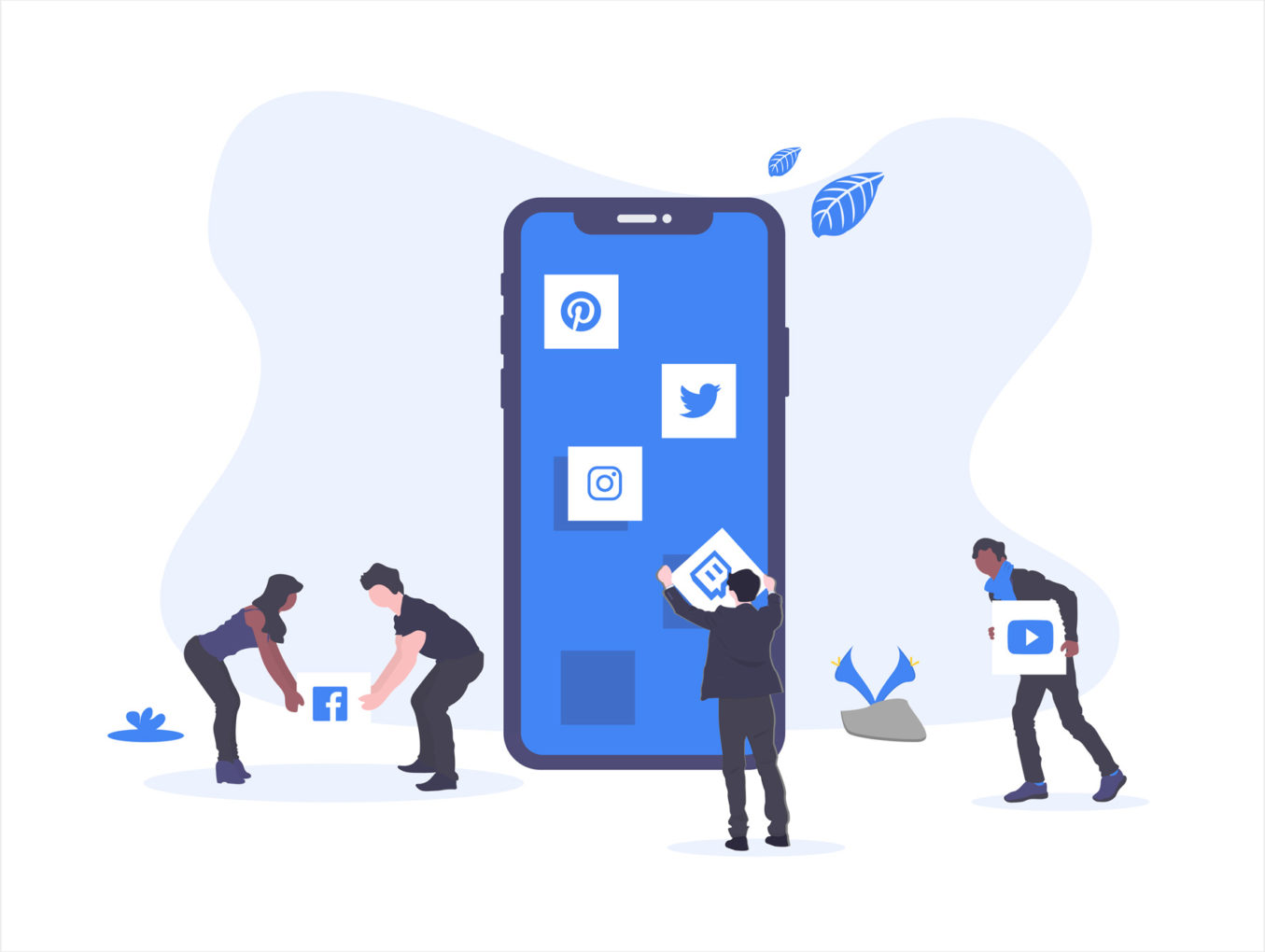Media are busy sharing studies about a heavy mental health toll social networking and smartphone overuse take on us. A correlation is drawn between quitting a social network and feeling happier. Addiction to smartphones is compared to that of opiates, with overuse “linked to depression, anxiety, and loneliness”.
Obviously, the greater part of social networks content we interact with is far from ecological. We come in contact with a number of emotionally agitated, “toxic” people. Good news is the “contagiousness”, mental state impact of such encounters depends on us alone.
Unintentional reactions
If we maintain balance, equanimity, do not produce emotionally charged thoughts, — our interaction with toxic content, people, both pleasant and unpleasant irritators remains harmless. The problem is we barely notice our reactions in the cascade of digital experiences. What’s more, we frequently dive in with pre-existing emotional baggage… Usually, aiming to distract ourselves from it by new irritators.
Awareness experiment
To get a better idea about what is happening to us during social networking, news scrolling, virtual communication, — we can conduct a brief mindfulness experiment. Before opening a social network: stop our activities, concentrate on breathing, etc. to balance our state of mind a bit. Reach an achievable clarity of perception and self-awareness so we can notice emotions and thoughts arising during social interactions. All kinds of micro-agitations that remain unnoticed in our ‘normal’ state, cluttered by daily hassles and emotional backgrounds. Even a 1-second look inside can be a step outside of our current emotional involvements and thought loops.
How did this awareness reminder impact the following online session?
Virtuality as unique mind training opportunity
External limitations, like quitting a social network or cutting device time, — may offer temporary relief from ourselves… However, this is an escape from the states of our own making. Instead of fixing them in a convenient virtual setting: lower risks and intensity than during in-person, real-time interactions.
Safe training ground
Social networks are excellent simulators: safe training grounds for self-development, locating and tackling our unwanted responses to digital interactions so they (unhealthy responses) don’t interfere with the “real” ones. The same goes for emails, chats, even games. 😉 Acceptable delay in response offers immense opportunity for improving its quality.
Prevention is the best medicine
Deliberate manipulations or unintentional toxic contacts may impact us if we offer our own mental issues for them to trigger. Buttons to push, e.g.:
- polarized or extreme views,
- destructive emotional habits, e.g. prone to anger, fear, depression or anxiety,
- attachments, exaggerated desires, traumas, obsolete worldview, etc.
Allowing the buttons to remain despite numerous alarms regularly set off by our destructive emotions is, basically, giving the keys to our behavior to others.
![]()
Digital communications and media
can be used as a safe training ground
for observing and improving our reactions.
This post an abstract from the book coming in 2019.

